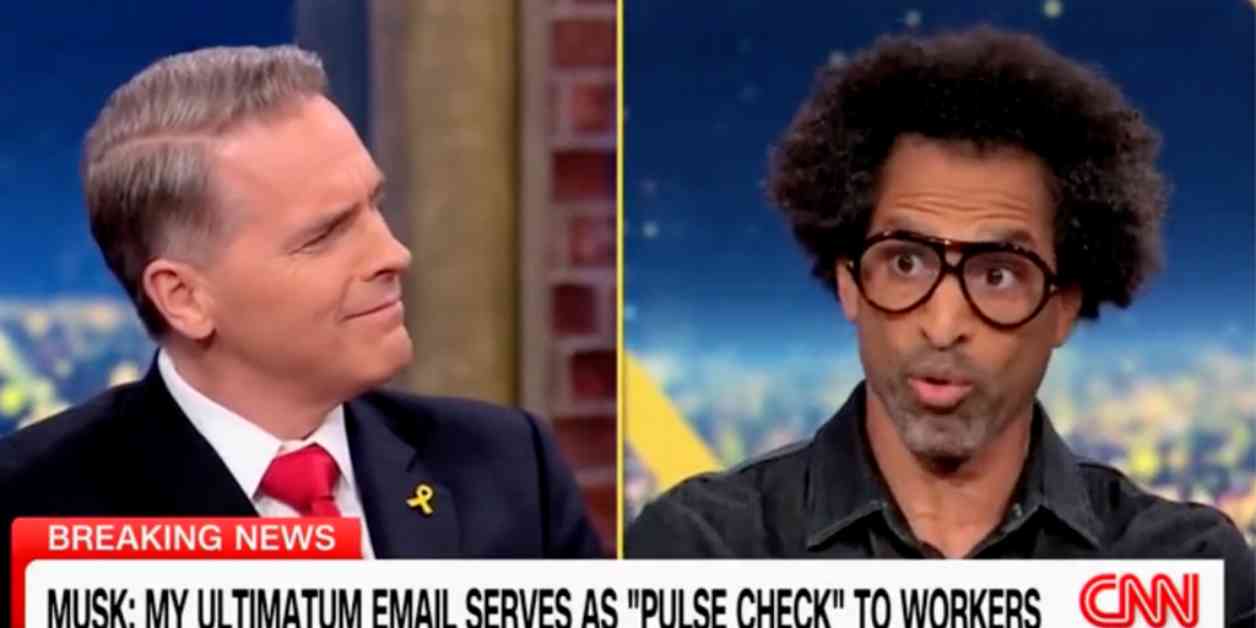CNN senior political commentator Scott Jennings engaged in a spirited debate with fellow panelist Touré, challenging his assertion that President Donald Trump’s control over the military posed a threat to the U.S. Constitution. The exchange, which unfolded on Wednesday night, saw Jennings questioning Touré’s concerns about Trump’s authority as commander-in-chief, highlighting the president’s role in leading the U.S. armed forces.
Expert Insights on Presidential Power
Jennings wasted no time in addressing Touré’s apprehensions, prompting the leftist commentator to explain why he believed Trump’s military control could potentially undermine the Constitution. Touré’s response, laden with references to the consolidation of power within the executive branch, FBI, and now the military, hinted at a broader concern about authoritarian tendencies in the current administration.
In a display of skepticism, Jennings pressed Touré further, seeking clarification on his assertion that Trump might appoint individuals who would violate constitutional norms within the military hierarchy. Touré’s vague response and evasion of Jennings’ pointed questions underscored the ideological divide between the two panelists, with host Abby Phillip eventually stepping in to affirm the president’s legitimate authority over the armed forces.
Clash of Perspectives on Executive Authority
The clash between Jennings and Touré encapsulated a broader debate about the limits of presidential power and the delicate balance between national security imperatives and constitutional safeguards. Jennings’ insistence on the president’s constitutional role as commander-in-chief reflected a traditional understanding of executive authority, rooted in the principles of civilian control over the military.
Touré’s alarm at what he perceived as an erosion of democratic norms and media freedoms underscored a deeper unease about the implications of unchecked executive power in a polarized political landscape. The heated exchange between the two panelists highlighted the competing narratives surrounding Trump’s leadership style and the broader implications for democratic governance in the United States.
As the debate unfolded, viewers were treated to a clash of perspectives that mirrored the broader ideological divisions within American society. Jennings’ defense of Trump’s prerogatives as head of the military stood in stark contrast to Touré’s warnings of potential abuses of power and threats to constitutional integrity. The nuanced interplay between these contrasting viewpoints offered a window into the complexities of contemporary political discourse and the challenges of reconciling competing visions of democratic governance.
In the end, the confrontation between Jennings and Touré served as a microcosm of the larger tensions animating American politics, highlighting the enduring relevance of constitutional principles in an era of heightened partisan rancor and institutional distrust. As the dust settled on their fiery exchange, the underlying questions about presidential authority, military control, and democratic norms lingered, underscoring the enduring importance of informed civic engagement and rigorous debate in safeguarding the foundations of American democracy.

